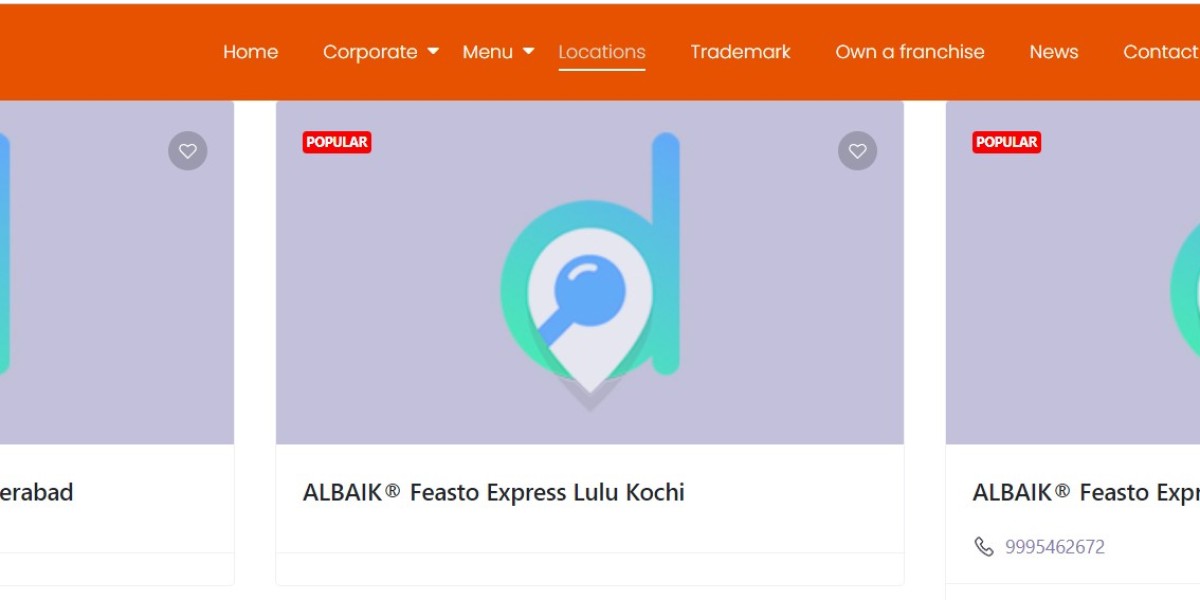In the dynamic landscape of small business financing, merchant cash advances (MCAs) have emerged as a popular alternative to traditional loans. This alternative funding solution provides quick access to capital for businesses that may not qualify for traditional bank loans. However, success in the merchant cash advance industry relies heavily on the ability to identify and qualify high-quality leads. In this article, we'll explore the intricacies of merchant cash advance leads and offer insights on how to qualify them effectively.
Understanding Merchant Cash Advance Leads:
Merchant cash advance leads refer to potential business clients who are seeking financing through the MCA model. These leads typically consist of small to medium-sized businesses that require immediate capital for various purposes, such as inventory purchase, expansion, or covering operational expenses.
Qualifying Merchant Cash Advance Leads:
Financial Health Assessment: The first step in qualifying MCA leads is to assess their financial health. Look for businesses with consistent revenue streams and a demonstrated ability to repay advances. Analyze their credit card sales, bank statements, and overall cash flow to gauge their financial stability.
Credit Card Processing Volume: Since MCAs are repaid through a percentage of daily credit card sales, businesses with a high volume of credit card transactions are ideal candidates. Focus on leads that generate a significant portion of their revenue through credit card sales, as they'll have the necessary cash flow to support MCA repayments.
Time in Business: While some MCA providers may work with startups, businesses with a proven track record and a history of at least six months to a year are generally preferred. Longer-established businesses often have more stable revenue streams and are perceived as lower risk.
Purpose of Funding: Understand why the business needs funding and how they plan to utilize it. Leads with clear, strategic objectives for the capital infusion are more likely to be viable candidates. Avoid businesses seeking funds for debt consolidation or speculative ventures without a clear path to profitability.
Repayment Ability: Assess the lead's ability to repay the advance by evaluating their debt-to-income ratio and profit margins. Ideally, the business should have sufficient cash flow to cover daily or weekly repayments without jeopardizing its operations.
Industry and Risk Profile: Certain industries may carry higher risk factors than others. While MCAs are known for their flexibility in serving various sectors, industries with stable cash flows, such as retail, restaurants, and healthcare, are often preferred. Evaluate the lead's industry risk and adjust pricing and terms accordingly.
Communication and Transparency: Effective communication is key to qualifying MCA leads. Establish open dialogue with the business owner to address any concerns or questions they may have regarding the MCA process. Transparency regarding fees, terms, and repayment expectations builds trust and enhances the likelihood of conversion.
Best Practices for Qualifying MCA Leads:
- Utilize Data Analytics: Leverage data analytics tools to streamline the lead qualification process and identify patterns or trends indicative of creditworthiness.
- Implement Lead Scoring: Develop a lead scoring system based on predetermined criteria to prioritize leads with the highest likelihood of conversion.
- Foster Relationships: Build rapport with leads through personalized interactions and provide value-added services beyond financing, such as business consulting or marketing support.
- Continuous Monitoring: Monitor the performance of funded accounts closely and adjust qualification criteria as needed to minimize default risk and maximize profitability.
Conclusion:
Qualifying merchant cash advance leads requires a combination of financial acumen, industry knowledge, and effective communication skills. By thoroughly assessing the financial health, credit card processing volume, and repayment ability of leads, MCA providers can identify and prioritize high-quality prospects. Implementing best practices such as data analytics, lead scoring, and relationship building further enhances the qualification process, ultimately leading to more successful conversions and long-term partnerships with businesses in need of capital.



